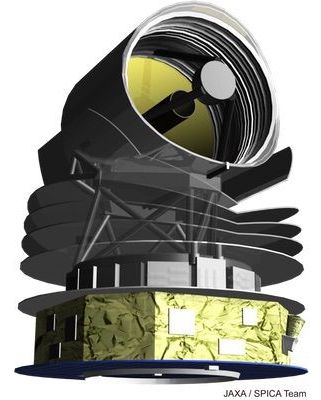We are being told that mistakes can not happen in labs. I for one do not believe such, so let me take you on a trip down memory lane to 2014, around the same year funding of gain of function was stopped.
Lab workers at different sites accidentally jabbed themselves with needles contaminated by anthrax or West Nile virus. An air-cleaning system meant to filter dangerous microbes out of a lab failed, but no one knew because the alarms had been turned off. A batch of West Nile virus, improperly packed in dry ice, burst open at a Federal Express shipping center. Mice infected with bubonic plague or Q fever went missing. And workers exposed to Q fever, brucellosis or tuberculosis did not realize it until they either became ill or blood tests detected the exposure.
The recent number of mistakes documented at federal laboratories involving anthrax, flu and smallpox viruses have contributed to a debate over lax government oversight at high-level containment labs.








